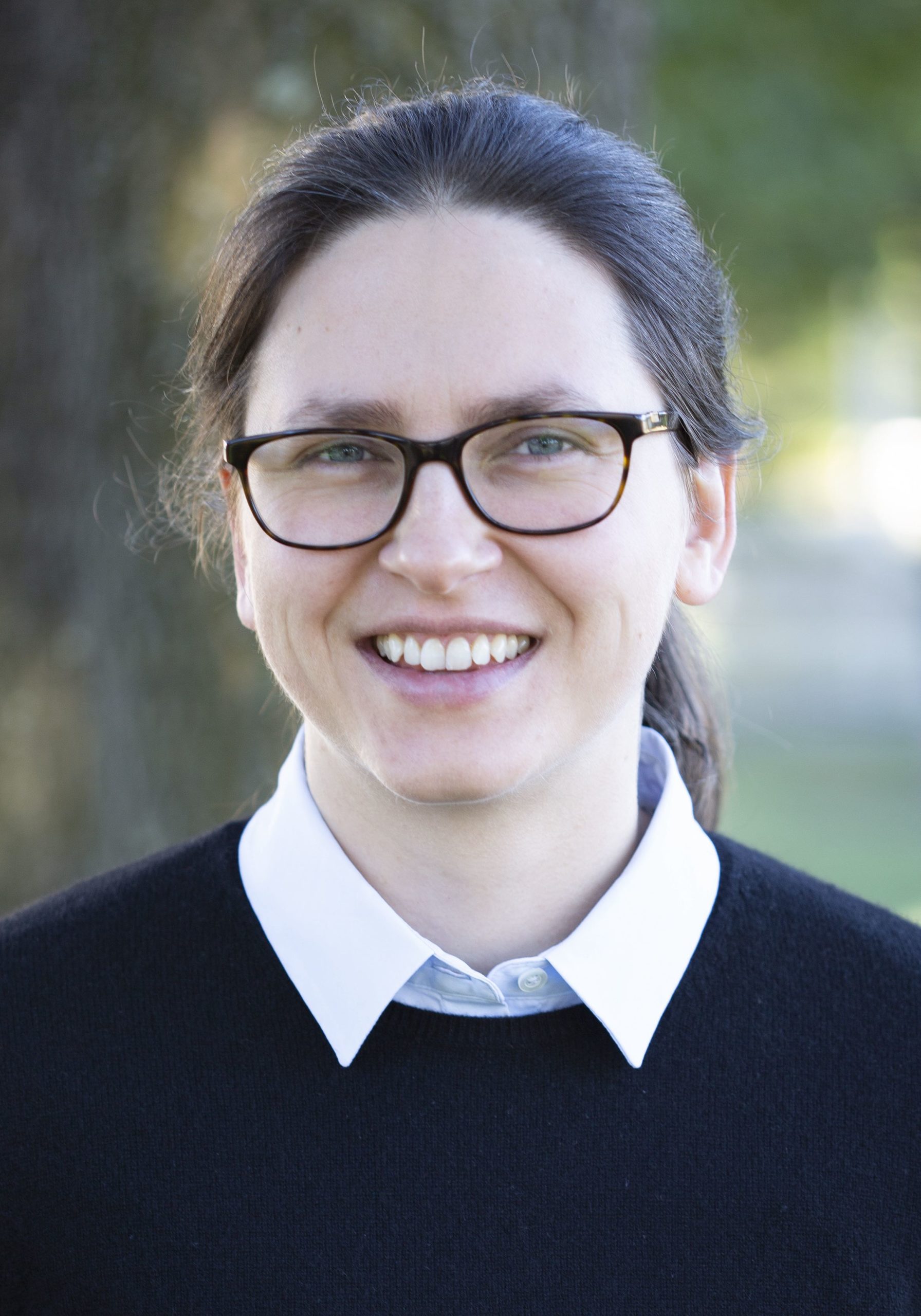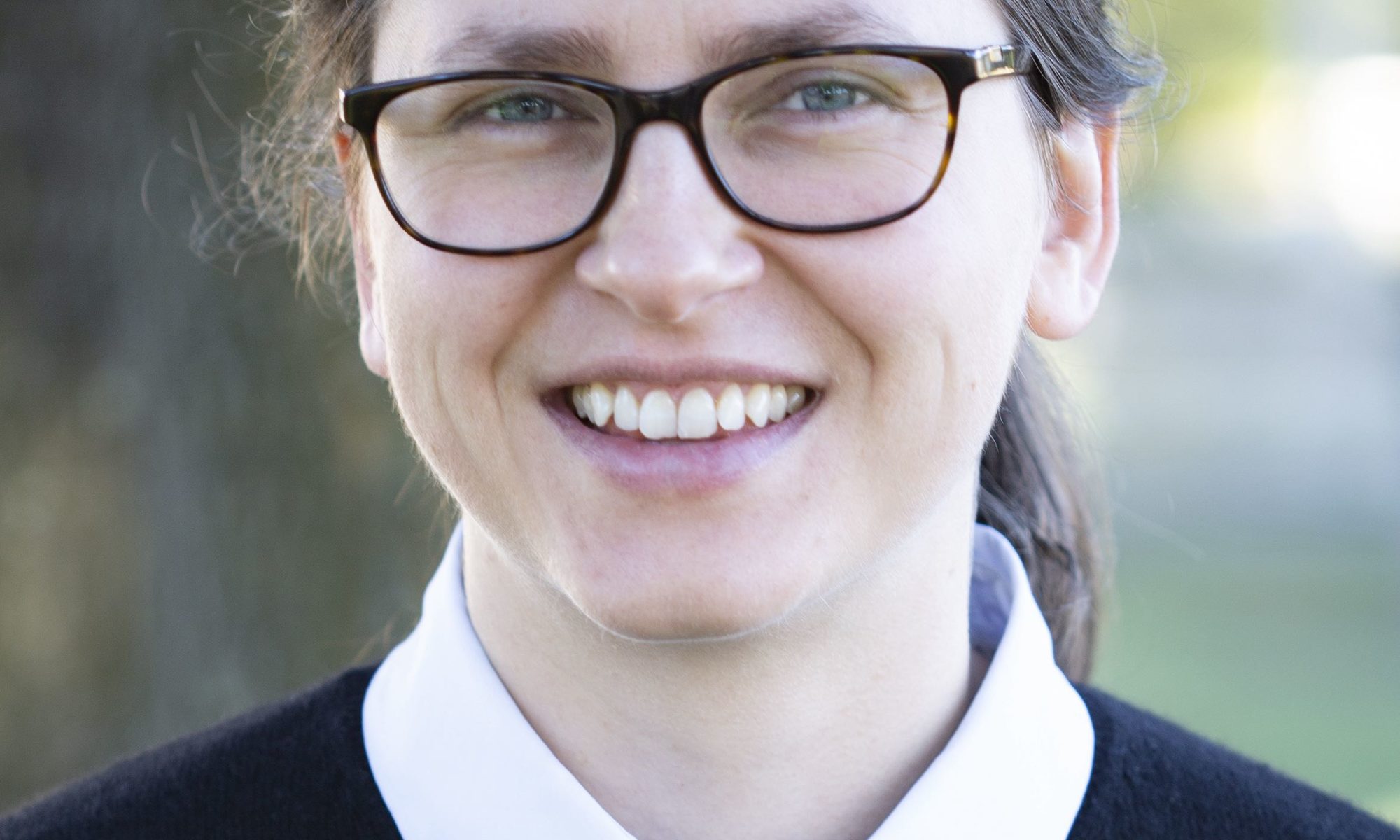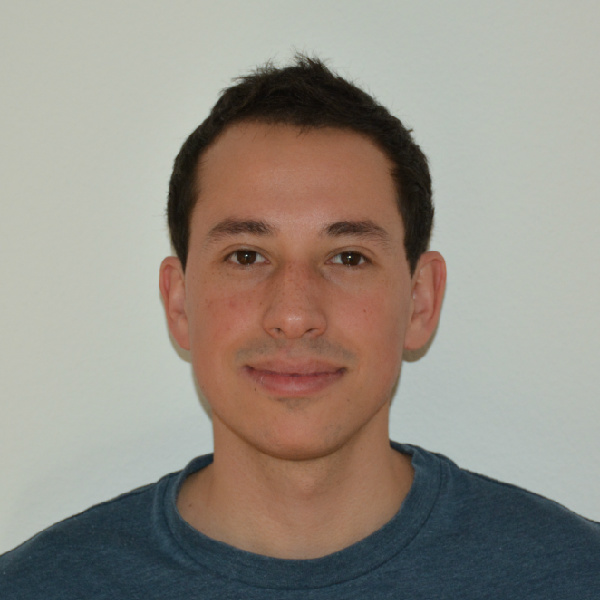
Abstract:
Plasma, the fourth state of matter, is an important medium in space physics and fusion energy applications. Its unique multi-scale properties give rise to complex behavior that is difficult to predict. In regimes where plasma particles collide infrequently, commonly used magnetohydrodynamic descriptions fail and kinetic physics of particle-particle and particle-wave interactions dictates dynamics. Motivated by pulsed power inertial confinement fusion experiments, this work leverages cutting-edge noise-free high-order continuum kinetic simulations to explore how microphysics affects macroscopic plasma behavior. The first-principles theoretical and computational investigation sheds light on how gyromotion modifies instabilities driven by velocity shear and how microturbulence and associated changes in velocity-space distribution functions give rise to macroscopic transport phenomena of resistivity and heating.
Bio:
Genia Vogman is a computational scientist in the Center for Applied Scientific Computing at Lawrence Livermore National Laboratory. Her research is focused on development and application of continuum kinetic simulations for plasma physics. Her work explores the properties of low-density plasmas in magnetized environments relevant to pulsed power inertial confinement fusion. Genia holds a BS in aerospace engineering and a BA in mathematics from the University of Washington. She earned her Ph.D. in Applied Science and Technology at UC Berkeley. She was a recipient of the Berkeley Chancellor Fellowship, the U.S. Department of Energy Office of Science Graduate Fellowship, and the Lawrence Postdoctoral Fellowship.
**This talk will NOT be recorded but you can watch live here**
Webinar ID: 972 3976 4948**



